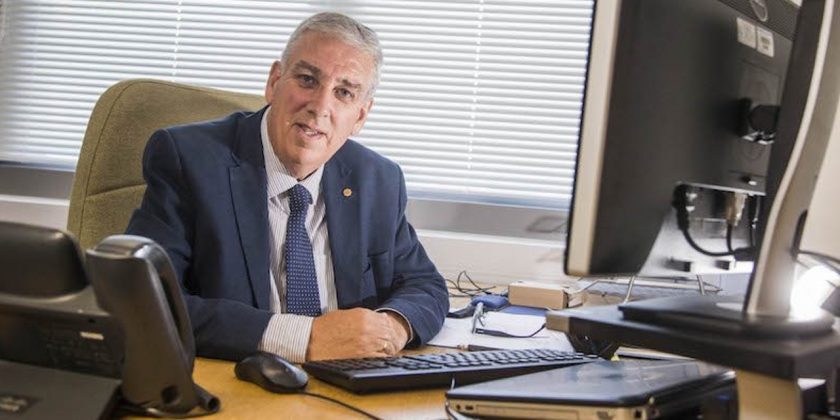Heroin addicts in Deeside could be prescribed the drug if North Wales’ Police Commissioner gets green light on radical new trial

Heroin addicts could be a step closer to being prescribed the drug if a radical new trial by North Wales’ Police Commissioner gets off the ground.
Heroin Assisted Treatment (HAT) is already operating in Glasgow and Teesside, and involves addicts going to a clinic once or twice a day to be prescribed medical grade heroin.
The initiative targets people who have not been able to kick the drug and may be persistent offenders in areas with high levels of drug-related crime. It would be the first scheme of its kind in Wales.
North Wales Police and Crime Commissioner Arfon Jones has written to 10 Flintshire councillors in a bid to get support for a trial of the scheme in Shotton, Queensferry and Connah’s Quay.
In the past, Mr Jones has championed the idea of drug consumption rooms, where addicts can take their own fix in a safe environment, but he said the UK Government refused to support him.
Mr Jones said: “With HAT, addicts get prescribed heroin and it gets administered once or twice a day.
“You know what’s in it and it’s a win-win situation.
“Someone with problematic drug use will do whatever they can to get their fix. That will usually involve acquisitive crime and/or crimes against the person.
“These chaotic users would be in designated clinics where they will have access to healthcare.
“HAT removes the need to find their next fix and allows patients to start treatment and gradually return to living a stable life.”
It’s estimated that 45% of acquisitive crime in the UK – such as shoplifting, theft, burglary and robbery – is carried out by heroin and crack users.
Mr Jones believes tackling the root cause of such offending would free up police time to attack priority crime areas such as county lines drug dealing, paedophilia and domestic abuse.
It would also reduce the target audience for criminal dealers who prey on the misery of addicts, he said.
Mr Jones wants affected town councils to back his plan and force a motion supporting it through Flintshire county council.
They would then ask the Area Planning Board for Substance Misuse to look at the business case for the scheme.
In a briefing paper sent to councillors, Mr Jones claimed that, in areas where HAT had been trialled, up to 60% of the illegal heroin market disappeared, drastically reducing the income for criminal gangs.
It’s estimated that it would cost £12,000 per year per patient to implement the scheme, and Mr Jones said he has backing from both the UK and Welsh Governments for the scheme.
He cited the experience of the Cleveland force, which started with 20 users at a coast of around £240,000.
It calculated that those individuals would have cost the public purse more than three times that amount in hospitalisation and enforcement.
Mr Jones said: “HAT won’t completely remove the illegal drug market.
“It will reduce the market by taking away the need for the most chaotic users, reduce acquisitive crime in the area, and reduce the level of drug paraphernalia.”
By Jez Hemming – Local Democracy Reporter (more here).
Spotted something? Got a story? Email: [email protected]
Latest News
